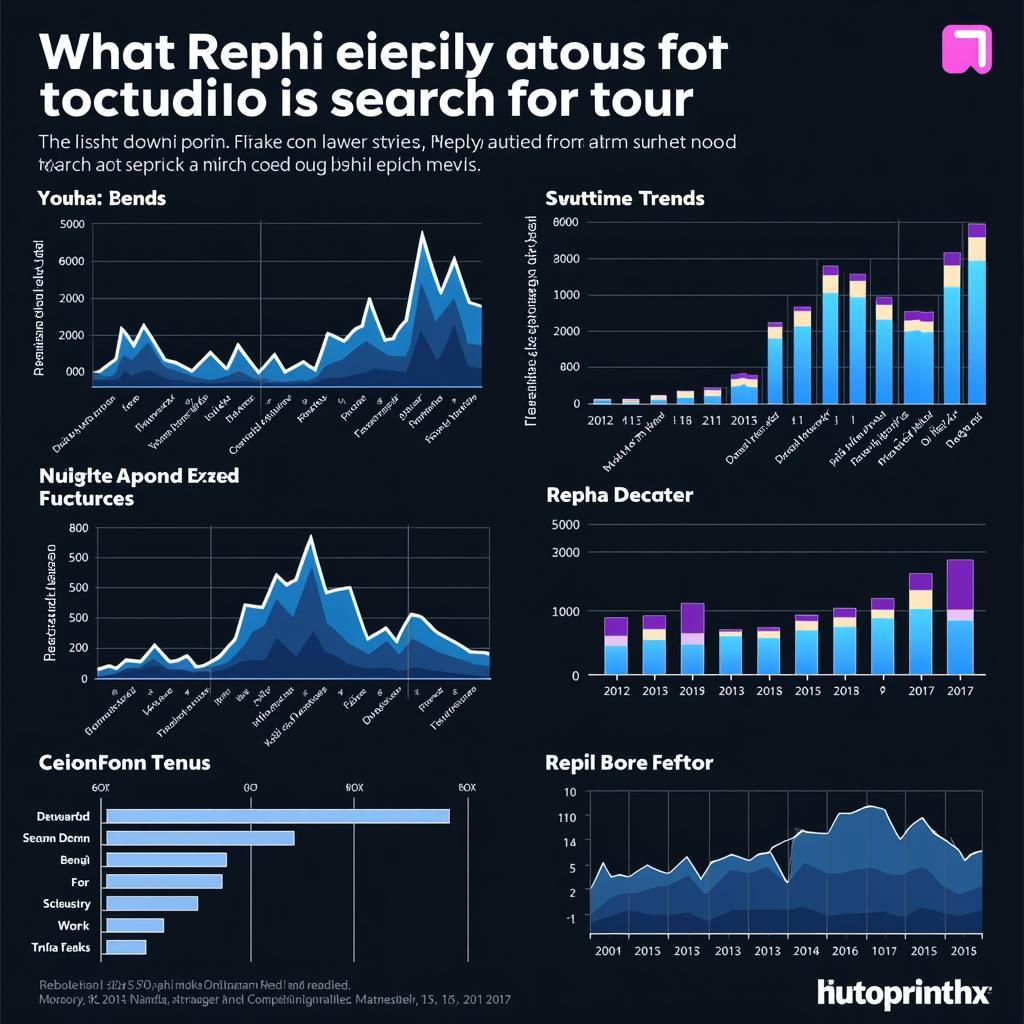The internet has changed the way we consume information and entertainment, and with it has come a new wave of celebrity culture. One of the most notable examples is the rise of Mia Khalifa, a former adult film actress who has achieved immense fame, albeit with a controversial past. Today, the phrase “Mia Khalifa Sex Movie” is often searched online, prompting us to delve into the complex intersection of celebrity, privacy, and the ever-evolving digital landscape.
The Reality of the “Mia Khalifa Sex Movie” Phenomenon
The term “Mia Khalifa sex movie” often refers to her past work in the adult film industry. While her past is undeniable, it’s crucial to recognize that she has since moved on, actively advocating for privacy and expressing her desire to be viewed beyond her past. This highlights a crucial aspect of online culture: the power of the internet to both elevate and scrutinize individuals, sometimes without their consent or control.
The Impact of Online Culture on Celebrity Privacy
Mia Khalifa’s story exemplifies the precarious nature of celebrity privacy in the digital age. Once a video is uploaded online, it becomes almost impossible to completely erase its presence. This raises important questions about the boundaries of online privacy and the responsibility of platforms in managing the distribution of sensitive content.
Beyond the “Mia Khalifa Sex Movie” Search: A Deeper Dive
The “Mia Khalifa sex movie” search term can be seen as a symptom of a larger trend: the fascination with celebrity lives, particularly when it comes to personal and often private aspects. This search can reveal curiosity about her past, seeking information about her journey and impact on the adult film industry. However, it’s essential to remember that online searches often neglect the human aspect of celebrity, and the potential for privacy violations.
What are the ethical considerations when searching for “Mia Khalifa sex movie”?
“It’s important to remember that individuals, even those in the public eye, have a right to privacy,” says Dr. Sarah Miller, a professor of Digital Media Ethics. “While online searches can be harmless, they can also contribute to a culture of objectification and harassment, especially when it comes to sensitive content.”
How does the “Mia Khalifa sex movie” search reflect broader societal views on sex work?
“The search reflects the complex and often contradictory attitudes towards sex work,” explains Dr. Daniel Jones, a sociologist specializing in gender and media studies. “While there’s growing acceptance of sex work as a legitimate profession, the online world often perpetuates a culture of shame and stigma, especially when it comes to women’s sexual agency.”
Moving Beyond the Search: Respecting Privacy and Embracing Complexity
The “Mia Khalifa sex movie” search highlights the need for critical thinking about online searches, especially when they delve into personal and sensitive topics. We must strive to view celebrities as human beings with complex lives and respect their boundaries, especially when it comes to privacy.
How can we approach online searches with greater sensitivity?
- Consider the impact of your search. Before clicking “enter,” take a moment to think about the implications of your search and the potential consequences for the individual being searched.
- Prioritize reliable sources. Look for reputable news outlets and research institutions to ensure the information you access is accurate and ethically sourced.
- Be mindful of language. Avoid using offensive or derogatory terms when searching for information, even if they seem common or readily available.
The Future of Online Privacy and Celebrity Culture
The “Mia Khalifa sex movie” search underscores the dynamic relationship between online culture, celebrity, and privacy. It’s a reminder that we must navigate the digital world with responsibility and empathy, considering the impact of our actions on others.
“Ultimately, we need to move beyond the voyeuristic aspects of online culture and focus on fostering an online environment that respects privacy, promotes diversity, and celebrates human complexity,” concludes Dr. Miller.
By approaching online searches with greater awareness and sensitivity, we can contribute to a more responsible and respectful digital landscape.

